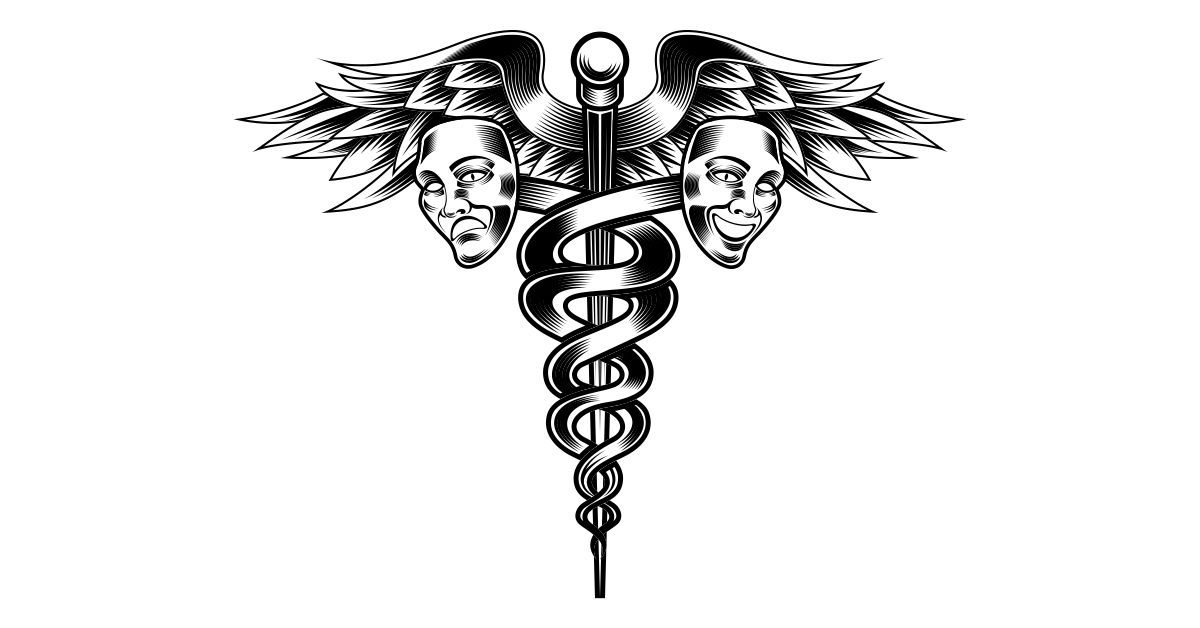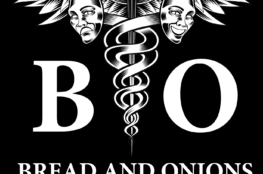A Metaphor
In the not so distant past, it was taboo in many cultures to so much as lay a finger on the body of a king for any reason. Sir James Frazer tells us that in the year 1800, the reigning monarch of Korea died of a tumor growing on his back though lancing it with an iron needle would’ve probably saved his life. Another king was suffering from an abscess on his lip and was on his way to share the fate of his predecessor, until, that is, his doctor made the fateful decision to call in the court jester. The king laughed so hard at the jester’s jokes that the abscess burst from the force and strain, almost certainly saving his life (224).
It’s not clear in Frazer’s account, but the decision to bring in the jester by the physician was almost certainly an example of a bon mot attributed to Voltaire that the art of medicine consists of amusing the patient until nature cures the disease. Nonetheless, the story is instructive as a metaphor in which the king represents the nation; the tumor and abscess are corruption ; the iron lance criticism; and, finally, the jester satire. Because most people treat the body politic as if it were as inviolable as the body of a divine king, they refuse just criticism and fail to enact reforms, which allows corruption to grow and spread throughout the nation. It’s then that satire comes in to indirectly tend to the unsuspecting sick.
Since every Armenian, individually and collectively, is a divine king shrinking from the needle that would otherwise save their life, Bread and Onions comes onto the scene. If nothing else, we’ll have a laugh as nature either cures the disease or extinguishes us entirely, in which case, we’ll have nothing more to worry about except owing Asclepius a cock.
No Mere Metaphor
Lucretius famously compared his decision to use poetry as a medium to expound the difficult scientific and unpopular moral philosophy of Epicurus to his countryman to a medical doctor’s use of honey around the rim of a cup of bitter medicine “that the unaware child may be tricked to bring the cup to his lips, and meanwhile drink up the bitter juice of wormwood, and though deceived is not harmed, but through this trick recovers and regains health” (IV. 10-17).
But this is better said of satire, and comedy in general, than of poetry. Poetry may be like the sweet honey that makes bitter medicine go down, but the effect of satire, which is laughter, is more potent than poetry because not only can laughter make bitter truths more palatable, it’s no mere medical simile. Physicians quite literally use laughter itself as an anesthetic to facilitate their otherwise excruciating sawing, burning, and stabbing when they administer nitrous oxide, more commonly known as laughing gas. No dentist ever used poetry to make a tight-lipped patient say ah, but even these humorless sadists know the utility in making their victims say ha.
A Few More Metaphors
Hagop Baronian, Armenia’s greatest satirist, rightly disavows any serious intent for his moral masterpiece Armenian Big Shots (Ազգային ջոջեր) because most people react to the word “moral” the way our loyal canine companions react to the word “bath”. In the first paragraph on the first page of the preface he writes:
No matter how much doctors vouch for the great digestive benefits of laughter; Lycurgus set up statues to the gods of laughter in the Spartan mess halls; or, finally, Plutarch call it the foremost seasoning for meals, we, in publishing this work, have not at all intended it to aide the digestion of readers with sensitive stomachs, nor to stimulate the appetite of finicky eaters. If this work is to succeed at all, it will pluck a few smiles from its readers (1).
His true purpose, of course, was to diagnose and treat the nation’s moral ills, which for him included the breakdown of the institution of marriage, the dismal state of education, and the decline of religion, all caused by the “degrading power of money and self-centered interest” (Bardakjian, 295).
Did Dr. Baronian’s bitter moral therapy sweetened with laughter succeed? A therapy is unsuccessful, as the saying goes, when it cures the disease but kills the patient. I don’t know how to assess a situation in which the patient survives, continues to have the disease, and also kills the doctor!
Not only are there no subjects among Armenians, who are one and all divine kings, there are no patients among them either, but all are doctors. And by “doctors” in this case I mean in the following sense from Baronian’s aforementioned work in the chapter on Dr. Stepan Aslanian: “When I see a murderer standing trial who is futilely denying his guilt, I’m amazed why he doesn’t just turn to his judges and exonerate himself by saying, ‘I’m a doctor'” (27).
References
Bardakjian, Kevork. Hagop Baronian’s Social and Political Satire. Oxford, 1978.
Baronian, Hagop. Armenian Big Shots. Translated by Hratch Demiurge. Manuscript in preparation.
Frazer, James. The Golden Bough, 1 Volume Abridged Edition. The Macmillan Company, 1925.
Lucretius, On the Nature of Things. Translated by W.H.D. Rouse and revised by Martin F. Smith. Harvard University Press, 1992.


